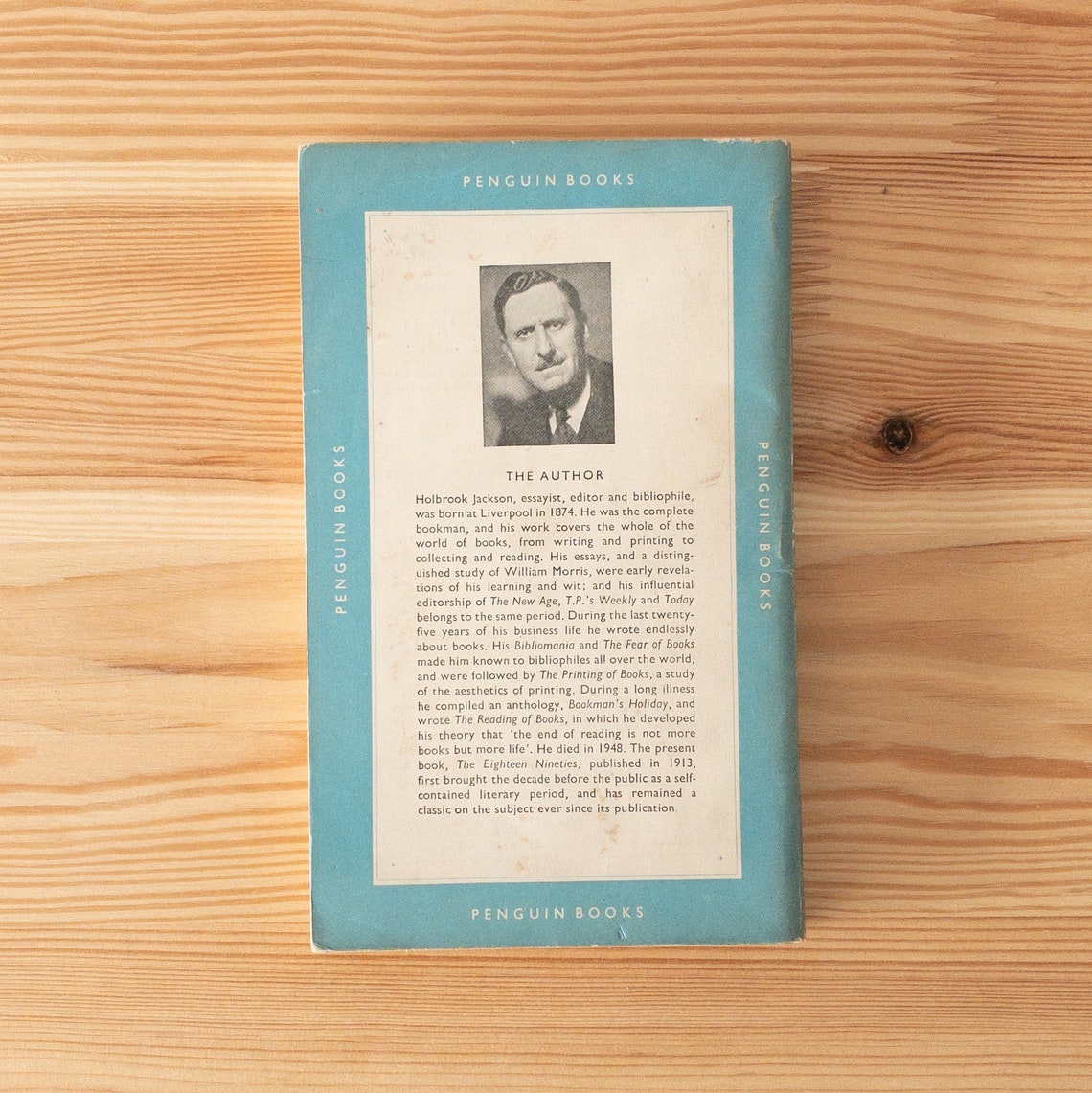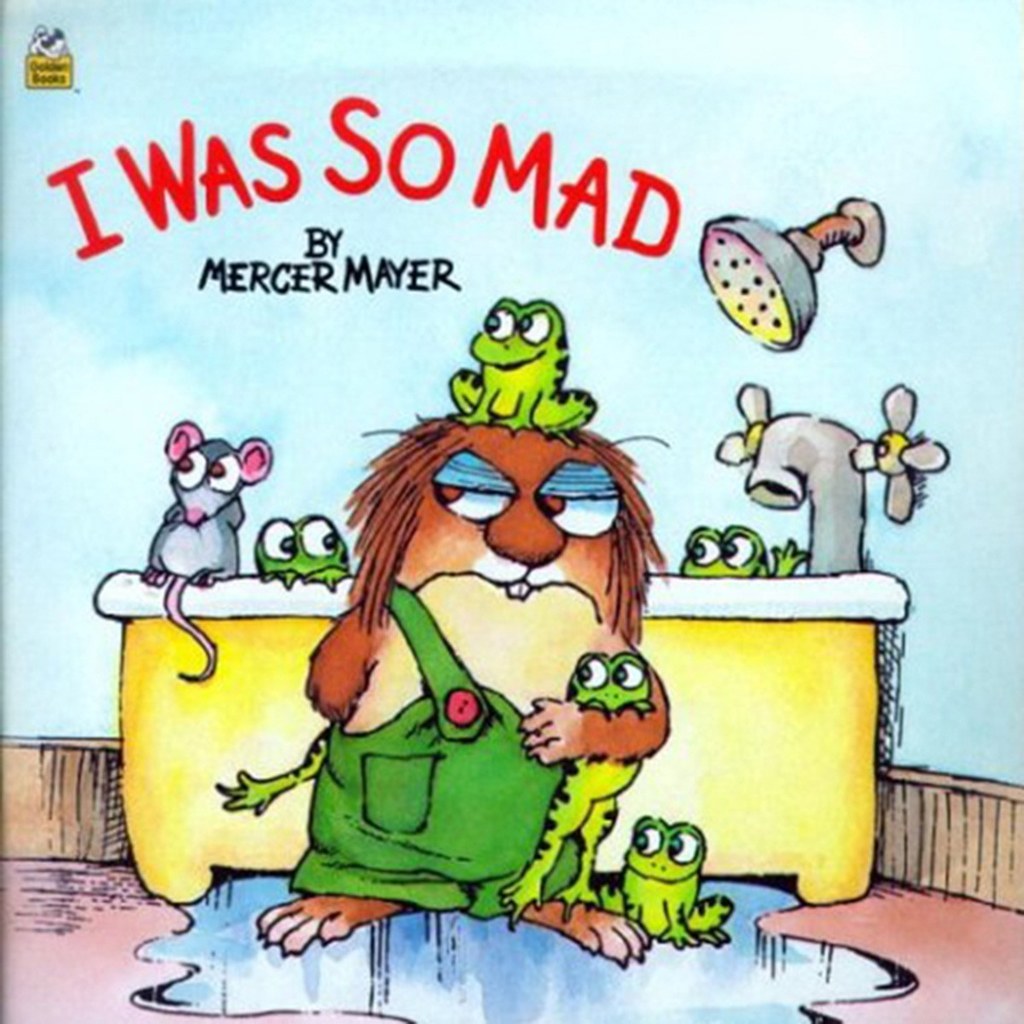
Most significantly, though, was that Sex, Drugs, and Cocoa Puffs simultaneously heralded the critical approach of what followed: Klosterman’s brand of armchair pop philosophy prefigured the voices of the internet.Īn essay scholastically scrutinizing Saved by the Bell seemed novel in 2003, although this is precisely what much of the culture of the 90s was up to. With his second book, Klosterman encapsulated how 90s pop culture was interpreted while also expanding the list of once undeserving subjects now considered worthy of attention and scrutiny. Topics included the television show Saved by the Bell, sex icon Pamela Anderson, the Left Behind novels, MTV’s The Real World, and other fin de siècle ephemera. Nevertheless, Klosterman’s breakthrough book, the essay collection Sex, Drugs, and Cocoa Puffs, was wholly mired in the 90s in both subject and approach. By September 11, the ethos of the previous decade had come crashing down along with the Twin Towers.

Klosterman’s debut, Fargo Rock City, a memoir of life as a heavy metal enthusiast in North Dakota, was released on May 22, 2001. The result is a multidimensional masterpiece, a work of synthesis so smart and delightful that future historians might well refer to this entire period as Klostermanian.Chuck Klosterman’s tenure as pop culture’s critic par excellence began just as the 1990s came to a close in fact, according to his newest book, The Nineties (Penguin Random House, 2022), it started four months before the decade officially concluded. In The Nineties, Klosterman dissects the film, the music, the sports, the TV, the pre-9/11 politics, the changes regarding race and class and sexuality, the yin/yang of Oprah and Alan Greenspan, and (almost) everything else. Happily, Chuck Klosterman is more than up to the job. The '90s brought about a revolution in the human condition, and a shift in consciousness, that we're still struggling to understand. It was the last era with a real mainstream to either identify with or oppose.

Landlines fell to cell phones, the internet exploded, and pop culture accelerated without the aid of technology that remembered everything.

In between, one presidential election was allegedly decided by Ross Perot while another was plausibly decided by Ralph Nader. It was long ago, but not as long as it seems: The Berlin Wall fell and the Twin Towers collapsed.


 0 kommentar(er)
0 kommentar(er)
